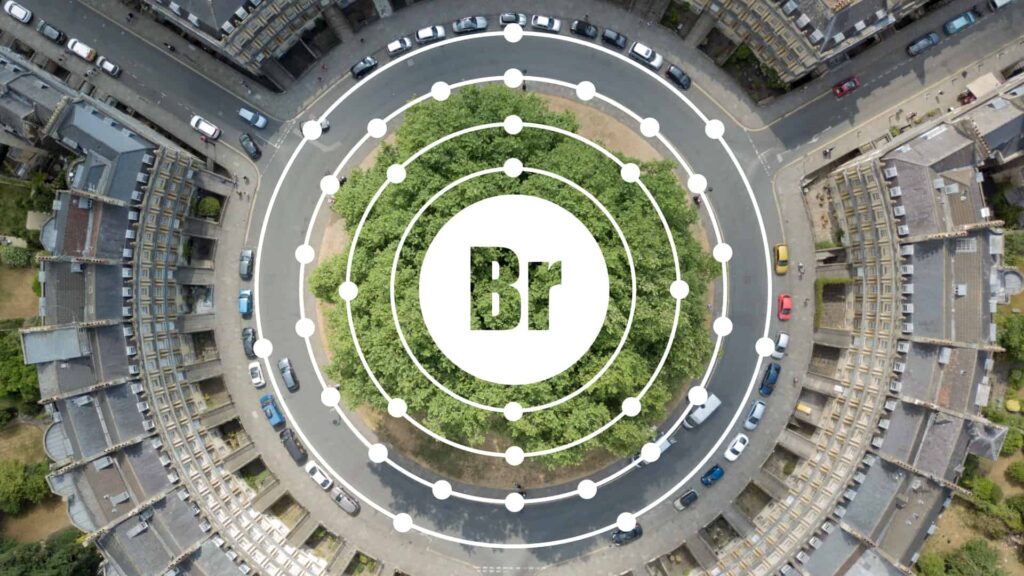Among its Horizon 2020 objectives, the European Union aims at reducing the energy consumption by 20%. As a contribution to those efforts, a number of product specific regulations imposing minimum values for the energy efficiency of products through their whole life cycle are being adopted by the European Commission.
The EU legislation on ecodesign and energy labelling is an effective tool for improving the energy efficiency of products. Its aim is to help eliminating the least performing products from the market, helping meeting the EU’s 2020 energy efficiency objective. The EU Commission also wants to improve industrial competitiveness and innovation by promoting the better environmental performance of products throughout the internal market.
BSEF supports the improvement of the environmental performance of products design for material and energy efficiency that can help meet the challenges of climate change and the circular economy.





